
Sharp Pain in Ear: Causes, Treatments and When to See a Doctor
Sharp ear pain is a sudden, intense discomfort that can make daily activities difficult. It often feels like a stabbing or shooting sensation deep inside the ear. This type of pain can appear quickly and may come and go or last for hours. Because the ear is a sensitive organ that helps with both hearing and balance, any strong pain should be taken seriously. Understanding the common causes and the most effective treatments can help you take the right steps for relief and prevent the problem from getting worse.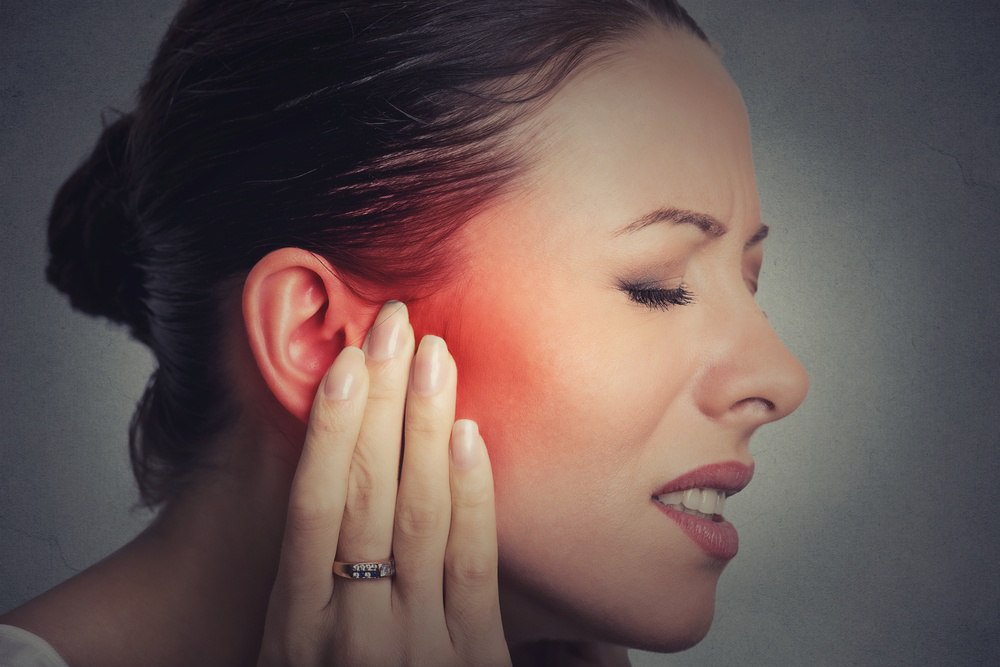
One of the most common causes of sharp ear pain is an ear infection. Bacterial or viral infections in the middle ear often occur after a cold, flu, or sinus infection. Fluid becomes trapped behind the eardrum, leading to swelling, pressure, and pain. Children are especially prone to ear infections because their ear structures are still developing. Symptoms may include fever, hearing difficulty, and a feeling of fullness in the ear.
Another frequent cause is earwax buildup. Earwax normally protects the ear canal, but when it becomes too thick or hard, it can block the passage and create sharp discomfort. Using cotton swabs can make this problem worse by pushing wax deeper into the ear. Sudden ear pain may also happen if the eardrum is irritated or damaged.
Eustachian tube dysfunction is another possible source. The Eustachian tube helps control pressure between the middle ear and the outside air. When this tube becomes blocked due to allergies, sinus congestion, or rapid changes in air pressure during flying or diving, sharp pain may occur. You might also hear popping sounds or feel pressure that does not go away easily.
Sometimes sharp ear pain is not actually caused by the ear. Dental problems such as impacted wisdom teeth or a jaw disorder called TMJ can send pain signals to the ear because the nerves are closely connected. Sore throat infections and tension in the neck muscles may also cause referred pain. This can make it confusing to identify the true problem.
Thankfully, many cases of sharp ear pain can be eased with simple home treatments. Over-the-counter pain relievers like ibuprofen can reduce inflammation and discomfort. A warm compress around the ear may help relax surrounding muscles and improve circulation. For minor pressure problems, swallowing, yawning, or chewing gum can help open the Eustachian tube. Staying hydrated and using a humidifier may relieve congestion.
If wax buildup is the issue, ear drops designed to soften the wax can be helpful. It is important to avoid inserting objects into the ear, because this can cause injury or push wax further inside. For infections, resting and giving the body time to heal is important. Some ear infections improve on their own, but a doctor may prescribe antibiotics if bacteria are responsible or if symptoms do not improve.
Knowing when to seek medical help makes a big difference in protecting ear health. You should contact a doctor if the pain is severe, lasts more than two days, or is accompanied by fever, dizziness, drainage of fluid, or hearing loss. These may be signs of a serious infection or injury. If you notice blood coming from the ear or suspect the eardrum has ruptured, you should get medical care right away.
Preventing sharp ear pain is possible with a few smart habits. Protect your ears from loud noise, clean them gently without inserting anything deep inside, and manage allergies or sinus problems early. When flying, using pressure-regulating earplugs or practicing swallowing techniques can help maintain comfort.
Sharp ear pain is unpleasant, but understanding the cause gives you control over the situation. With proper care and timely medical attention when needed, your ears can stay healthy and pain free.
News in the same category


🌿 The Forgotten Healing Drink Making a Powerful Comeback

You’ll NEVER Shave the Same Again After Seeing This Onion Trick

Don’t Drink Coconut Water Before You Know These 11 Secrets!
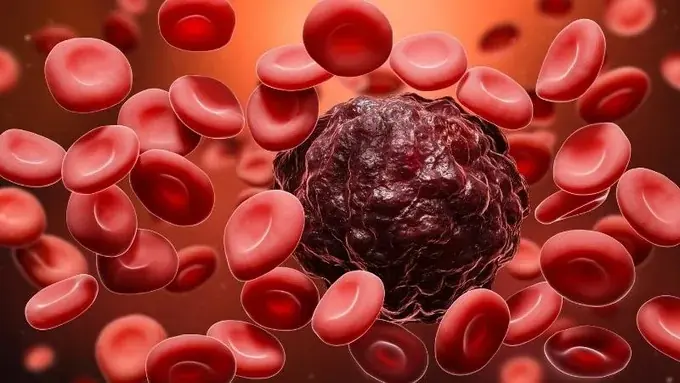
Expert, 95 Years Old with 60 Years of Cancer Research Reveals: You Must Avoid These 4 Things So Cancer Doesn’t Come Knocking
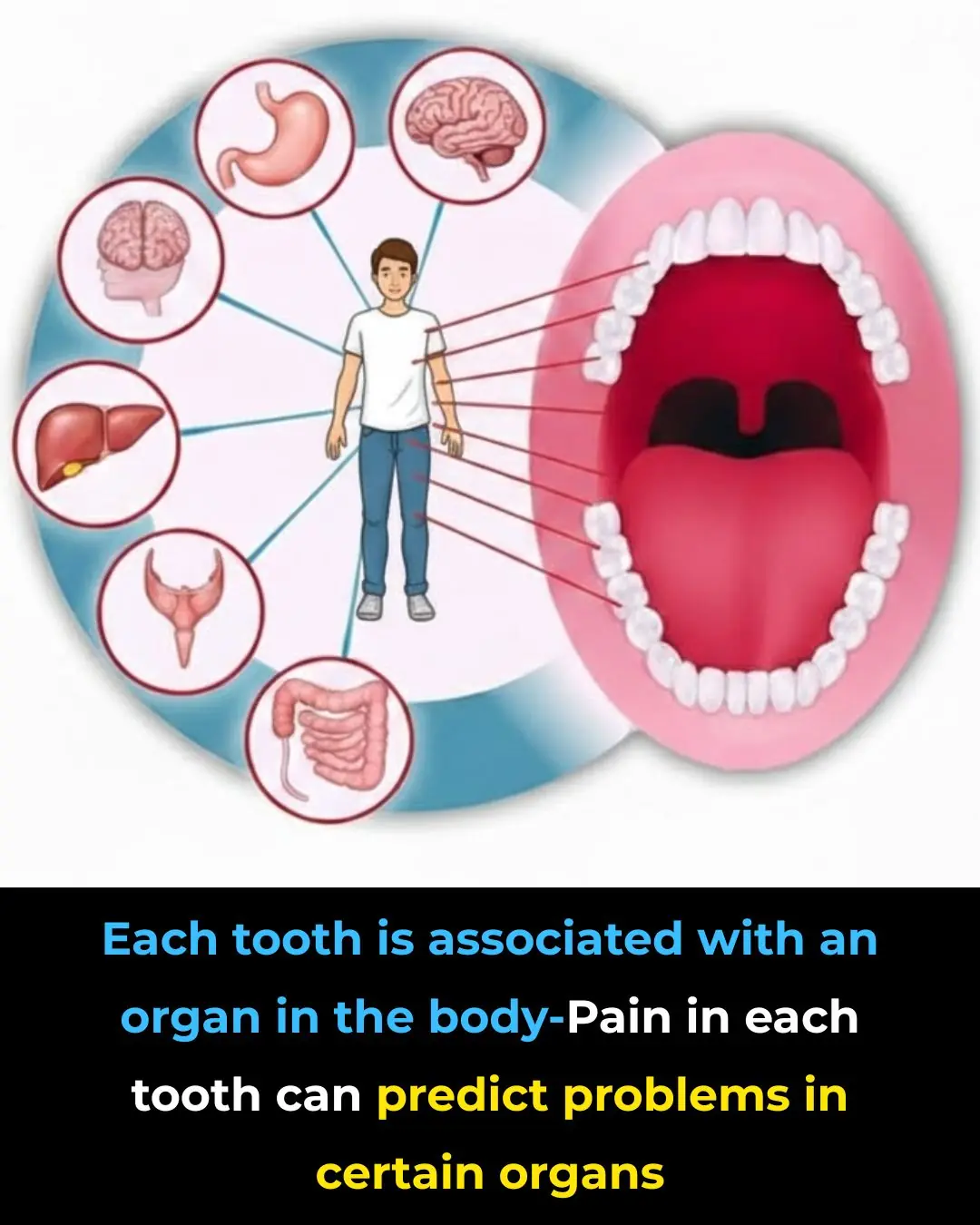
Each Tooth Is Associated With An Organ In The Body – Pain In Each Tooth Can Predict Problems In Certain Organs

Amazing vitamin can help stop cancer growth and this is how much you need
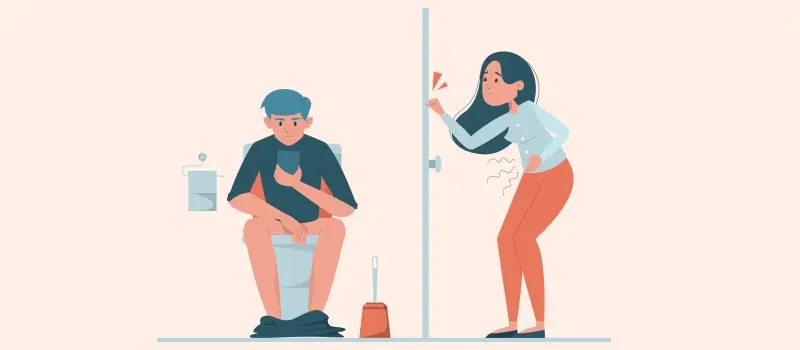
THE BEST HOME REMEDIES THAT END CONSTIPATION FAST AND NATURALLY

Say Goodbye to Diabetes, Fatty Liver, and Joint Pain with This Powerful Remedy!
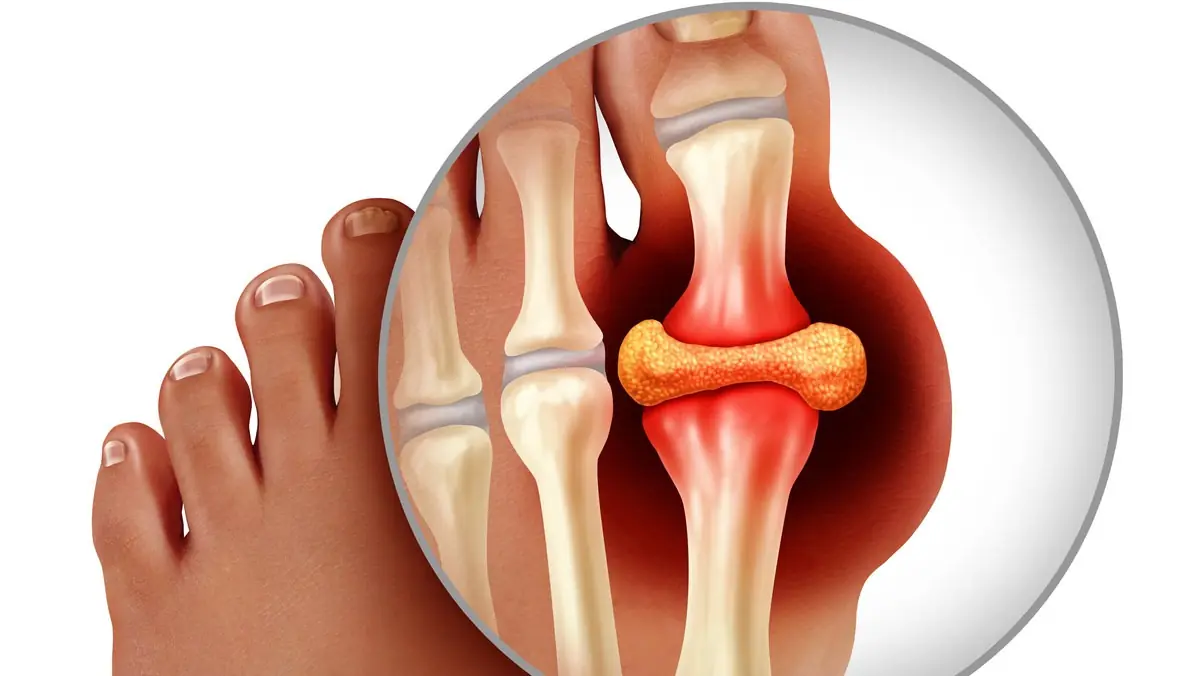
HIGH URIC ACID? SEE THE WARNING SIGNS & RELIEF TIPS

Prepare ginger this way to prevent cancer, reduce cholesterol and lower blood sugar levels!
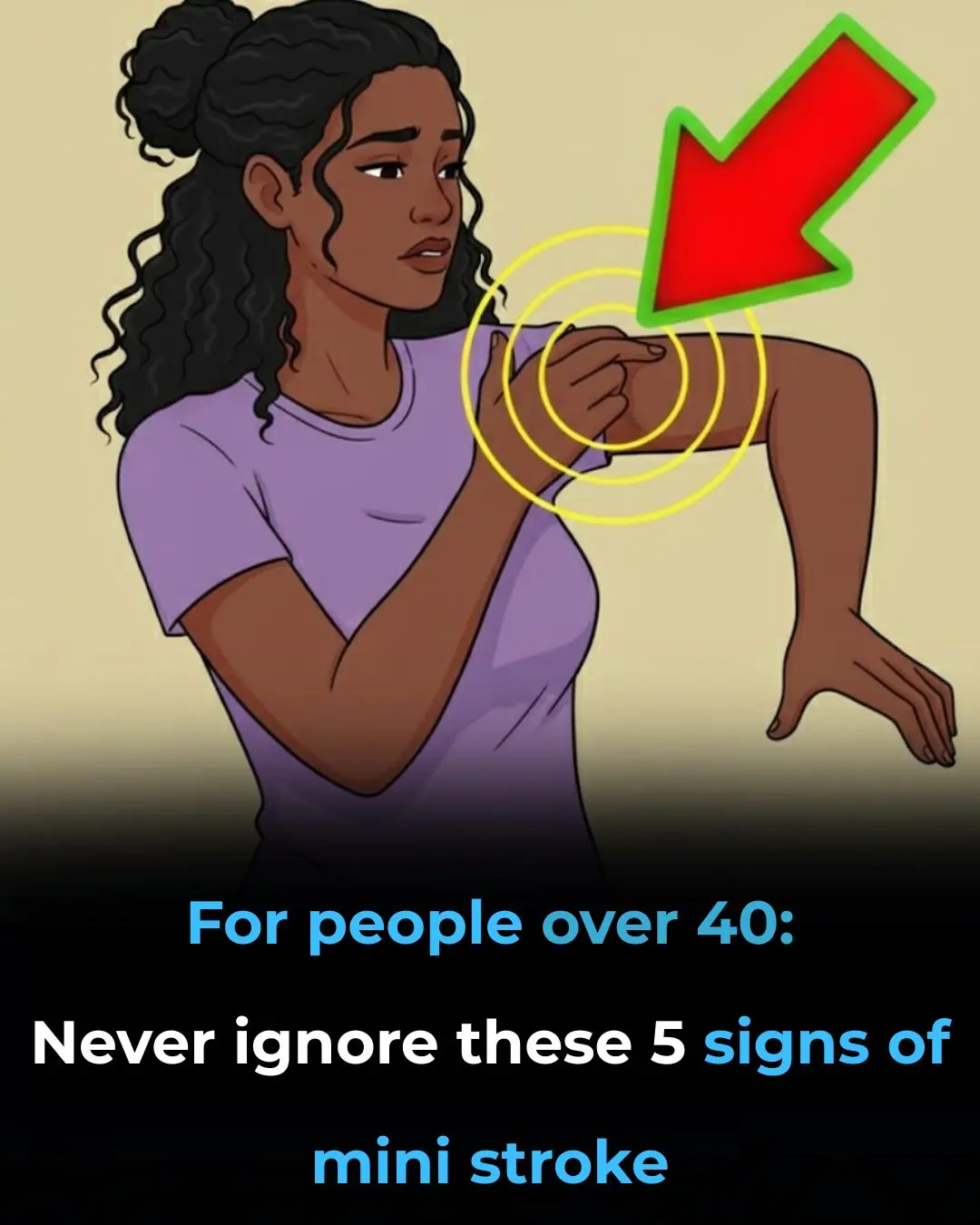
Mini Stroke in People Over 40

Doctors reveal that eating APPLES causes...
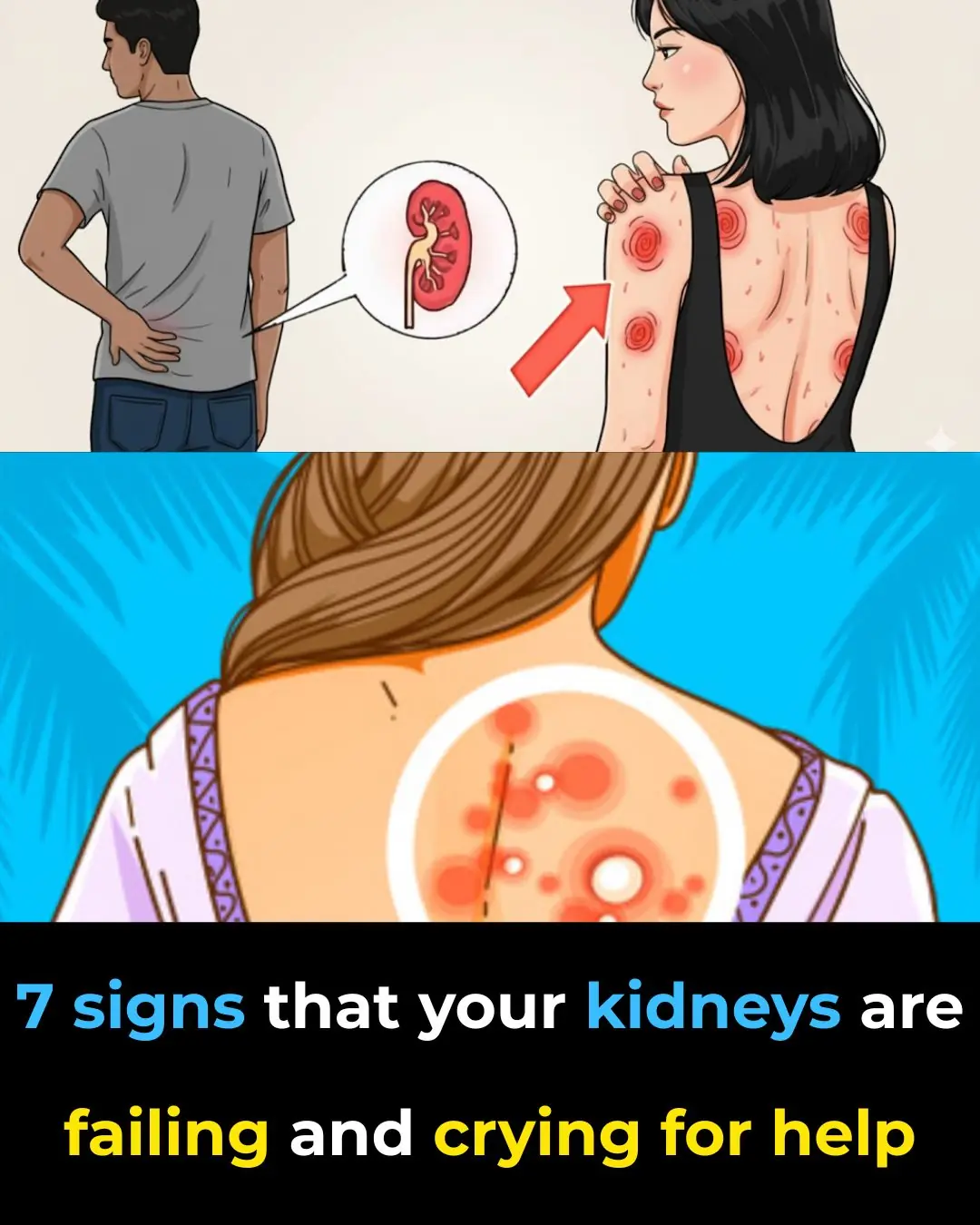
ALERT! 7 Early Signs Your Kidneys Are Crying for Help

Why You Shouldn’t Pluck Your Nose Hairs
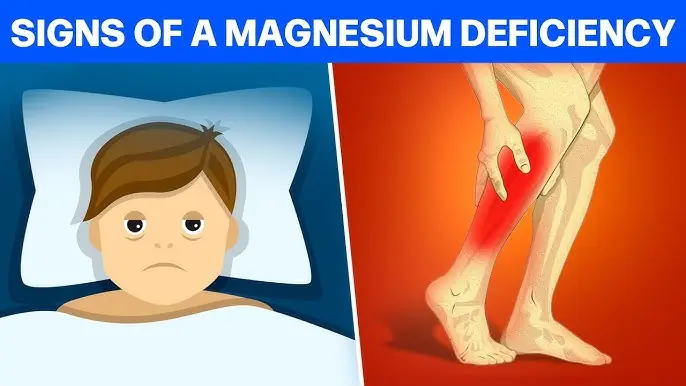
Top 15 Bizarre Signs of Magnesium Deficiency You Need to Know

5 Foods That Can Damage Your Thyroid (Even Though They Look Healthy)

4 Powerful Remedies to Eliminate Parasites — #2 Will Surprise You!
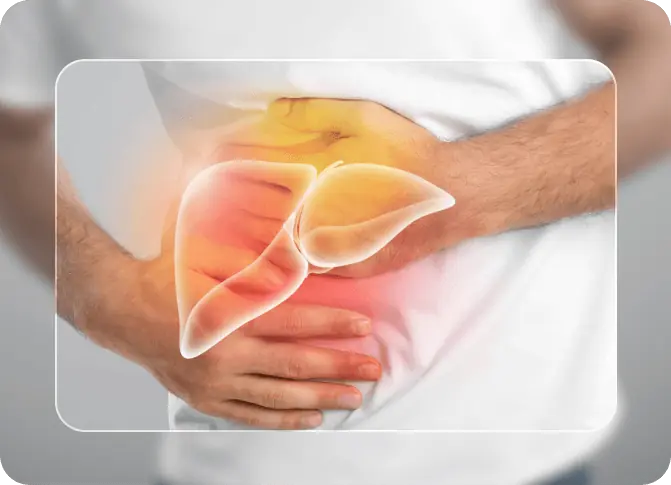
10 Early Warning Signs Your Liver Is in Trouble (Don’t Ignore #4!)
News Post

Papaya Sap for Cracked Heels: A Simple Natural Remedy
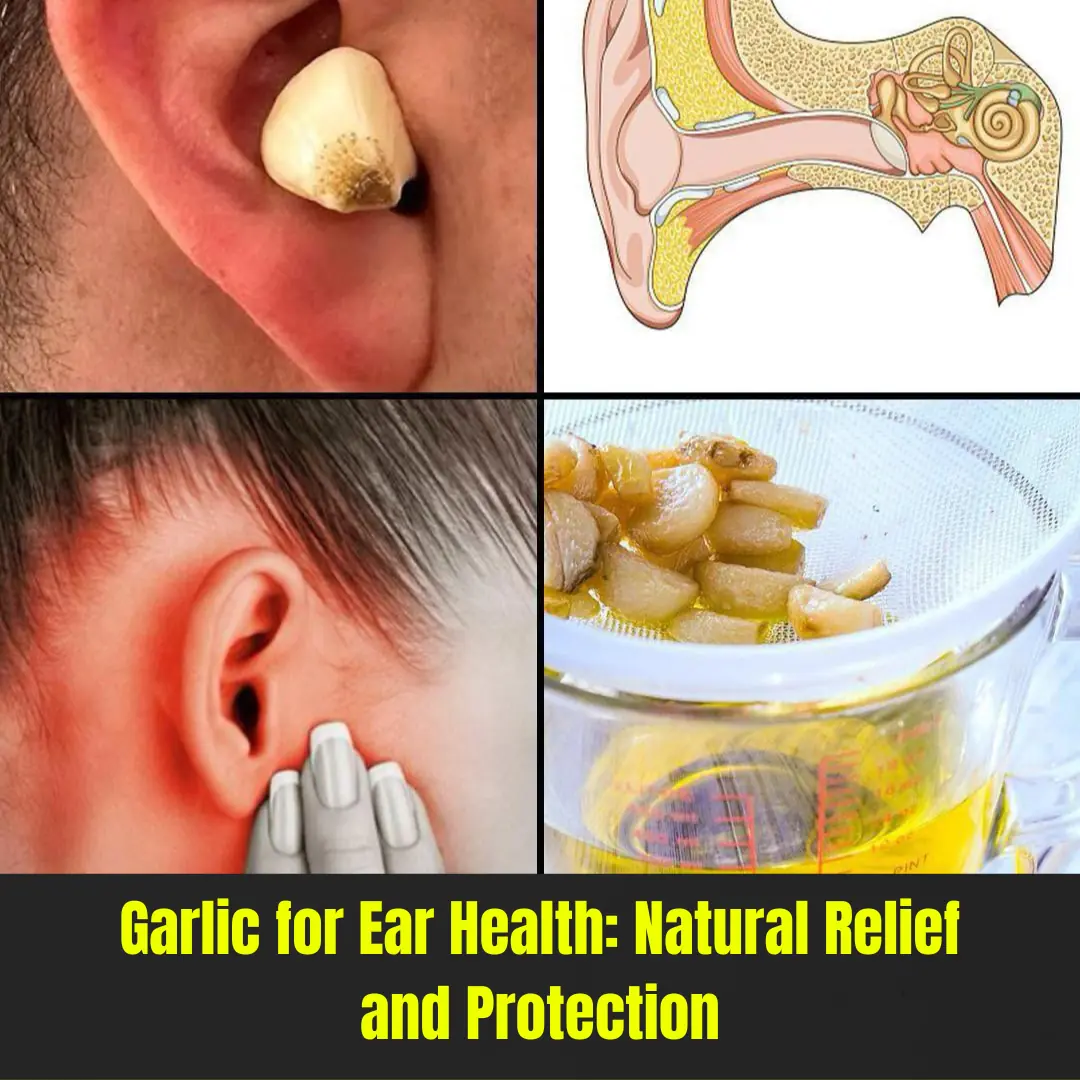
Garlic for Ear Health: Natural Relief and Protection

Old Doctors’ Secret: Mix Olive Oil + Black Pepper to Fix 11 Problems After 60 — See Results in 1 Week

🌿 The Forgotten Healing Drink Making a Powerful Comeback

You’ll NEVER Shave the Same Again After Seeing This Onion Trick
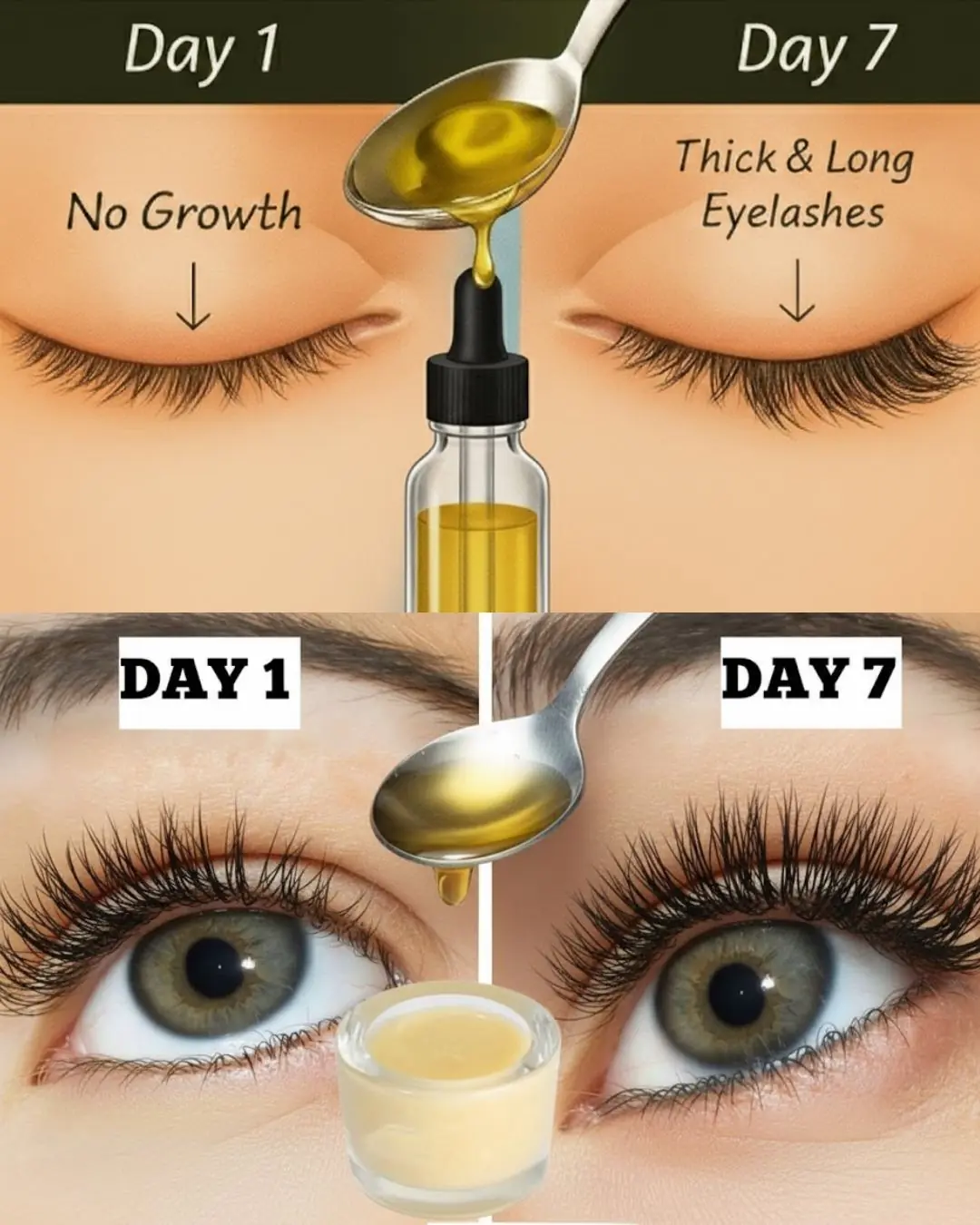
HOW I GREW MY EYELASHES IN JUST 7 DAYS — Naturally with Castor Oil

7 Essential Leaves to Naturally Improve Your Eye Health

Don’t Drink Coconut Water Before You Know These 11 Secrets!

White Clover (Trifolium repens): 15 Benefits and Homemade Uses

7 Benefits and Uses of Ageratum conyzoides

How often should you shower

Expert, 95 Years Old with 60 Years of Cancer Research Reveals: You Must Avoid These 4 Things So Cancer Doesn’t Come Knocking

Each Tooth Is Associated With An Organ In The Body – Pain In Each Tooth Can Predict Problems In Certain Organs

Here’s the secret why everyone puts avocados on the fire!

Amazing vitamin can help stop cancer growth and this is how much you need

Euphorbia Hirta: 30 Benefits and How to Use It Safely

THE BEST HOME REMEDIES THAT END CONSTIPATION FAST AND NATURALLY

Lady places cup of vinegar into microwave. Here’s the genius reason why
